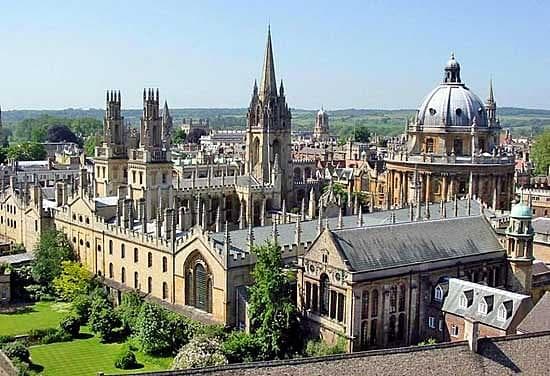Proven and potential academic excellence
Degree-level qualifications
As a minimum, applicants should hold or be predicted to achieve the following UK qualifications or their equivalent:
-
a first-class or strong upper second-class undergraduate degree with honours in a relevant subject, for example in modern languages, classics, computer science, philosophy or mathematics.
However, entrance is very competitive and most successful applicants have a first-class degree or the equivalent.
For applicants with a degree from the USA, the minimum GPA sought is 3.5 out of 4.0.
GRE General Test scores
No Graduate Record Examination (GRE) or GMAT scores are sought.
Other qualifications, evidence of excellence and relevant experience
-
Applicants are not expected to have publications already, but if they happen to have publications in a relevant area they are encouraged to submit them as their written work.
-
In the case of mature students/intended career changes professional experience in cognate areas may compensate for shortcomings in the formal academic record.
Further guidance
Requirements specific to the Research Preparation strand
Applicants will have studied linguistics as undergraduates to a more advanced level and will already have a solid background in all core areas of general linguistics, phonetics, phonology, syntax, and semantics. In order to be admitted to this strand, applicants will already have to have identified, by means of a detailed research proposal submitted as part of their application, a topic on which they will want to write a master’s thesis.
Requirements specific to the Advanced Study strand
Applicants will have previously studied linguistics at an introductory level, but not to a more advanced level, during their undergraduate degree.
Requirements common to both strands
Some modules require background knowledge that is difficult to acquire in a single year, and MSt students are advised to choose these modules only if they already have substantial previous training in relevant background subjects, such as experimental phonetics.
In order to take options in the history and structure of a particular language, students will need to have a good grasp of the relevant language itself, even if they are new to linguistic study of the language. Option C is normally not feasible in the MSt.
English language proficiency
Minimum scores required to meet the University's higher level requirement
IELTS Academic
7.5
TOEFL iBT, including the 'Home Edition'
110
